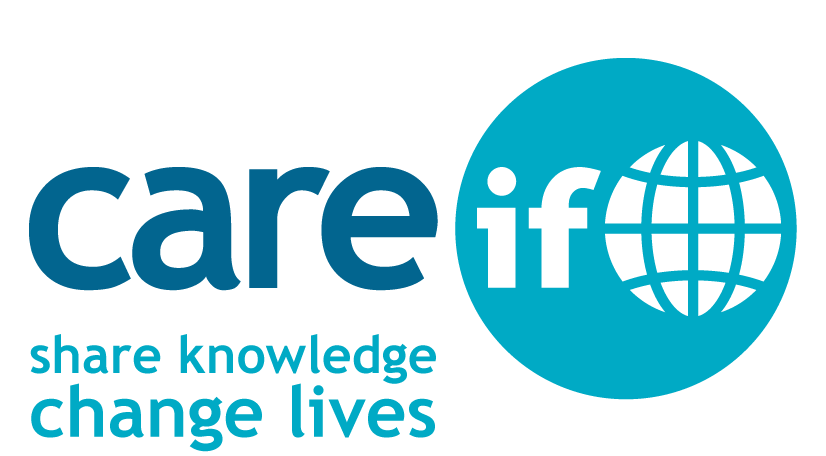World Mental Health Day 2024 - the importance of preventing poor mental health in young people
World Mental Health Day is an important reminder of the importance of good mental health for us all – and this year the public has been telling us this loud and clearly. According to a recent Ipsos report, in Britain and across the world, mental health ranks as the public’s biggest health concern – overtaking cancer as the largest concern.
In the UK, we are regularly reminded of some shocking statistics showing the rise in poor mental health, especially in children and young people. Some recent press announcements show a ‘staggering rise’ in anxiety among under 18’s in England, and that ‘more 15-year-olds are reporting low life satisfaction in Britain than almost anywhere else in Europe’. A survey for Girlguiding showed that happiness among girls and young women has hit its lowest level in 15 years. The Young Minds charity tell us that a record number of children are in mental health crisis as they wait for help. A recent Lancet Commission on youth mental health reports that the mental health of ‘emerging adults’ has been steadily declining over the past 20 years.
This year’s theme for World Mental Health Day is workplace mental health. This is a timely reminder of the importance of a good working environment for the mental well-being of the workforce and of the two-way relationship between mental health and employment.
Children and young people are of course the adult workers of the future, but the poor mental health of the young has real world consequences for their future. Poor mental health hampers their education and job prospects. In the past where we saw high levels of youth unemployment in high-income countries, we now see higher levels of worklessness owing to mental health conditions in younger people.
Claims by younger people for sickness and disability benefits are rising in several European countries. Having a poor start in life matters as does child poverty. There are significant associations between youth mental health and substance abuse and not being in education, employment or training (NEET). Being in insecure jobs, especially when young, makes it difficult to transition to more secure jobs and greater earning capacity.
In the UK, and across the world., we owe it to our children to give them the best start in life and to give young people opportunities to thrive. The newspaper headlines, research papers and the public at large are now constantly reminding us that this is not happening. This year’s World Mental Health Day is yet another reminder of the importance of government policies in the prevention of poor mental health and the need for investment in the young. As the Lancet Commission reminded us ‘Young people are showing the most serious warning signs and symptoms of a society and a world that is in serious trouble’.
By Professor Rachel Tribe, Trustee and Chair of Careif.
